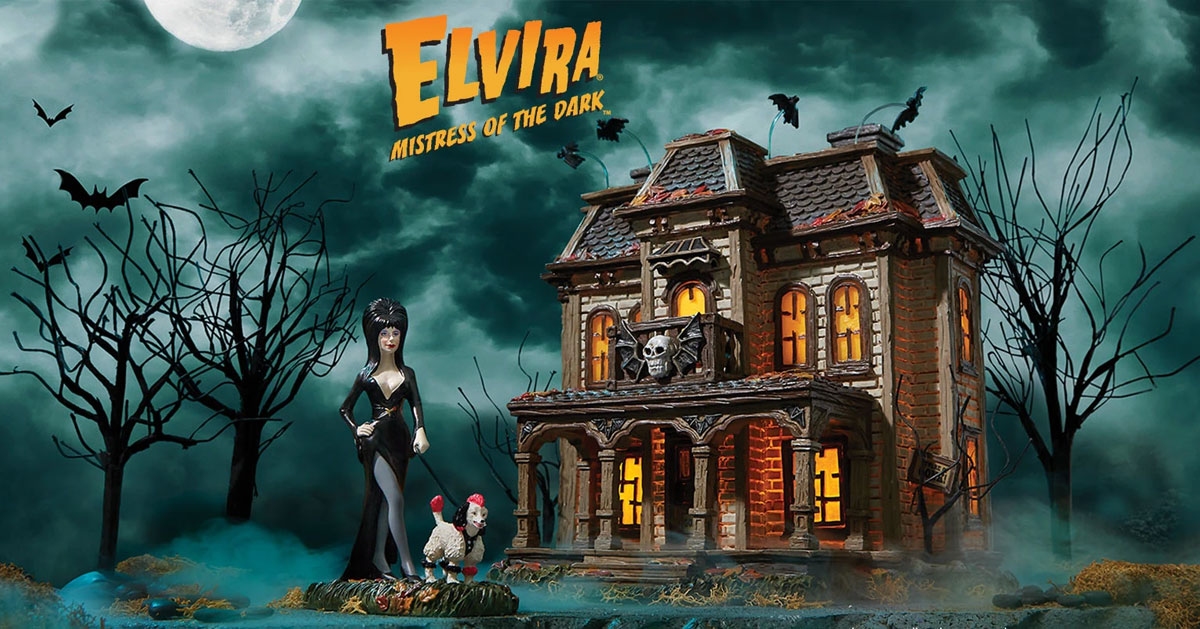Table of Content
Her expertise has appeared in the New York Times, Washington Post, CBS Evening News, and HGTV's House Hunters. Subtract the costs you will encounter as a buyer from the estimated value of the property. If you enter into negotiations with the owner, you can use this figure as your breakeven number. As much as all that is true, pre-foreclosure homes aren't a no-brainer. There are a number of things that need to be taken into consideration so you can make sure that you're making a profitable investment.

Homebuyers may need to put up only $500 in earnest money, and the required private mortgage insurance may be canceled after your equity in the home reaches 20%. Banks that have accumulated sizable inventories of foreclosed properties will be more inclined to negotiate on price. The longer the bank has held the property, the greater the odds that it will seriously consider low offers. Increased interest and competition—not just from potential occupants but from investors and professional house flippers—are inevitable when dealing with worthwhile foreclosed properties.
Making an Offer on a Pre-Foreclosure Home
A house in pre-foreclosure can be purchased by any type of financing. Whether you are buying with cash, a mortgage loan or working out some other creative financing arrangement with the seller, you have more options. One of the many lesser-known features of Zillow, however, is that they have extensive data on foreclosures and pre-foreclosures as well as homes already listed. However, costs can be highly unpredictable, and underlying damage could make a property undesirable. The buying process is often sluggish, which might spur second thoughts in the minds of some, while heavy demand for enticing foreclosed properties might push other hopeful purchasers away. If the home is still being occupied by the owners, it may be poorly maintained.

Get in contact with an experienced real estate agent if you want to take a risk on buying a foreclosed home. Your real estate agent will help guide you through the foreclosure process, because most lenders don’t sell to individual buyers. Buying pre-foreclosed properties is an endeavor best left to seasoned investors, not first-time homebuyers. It's a complex process, and the laws are different in every state. You have to be willing and able to negotiate carefully in sometimes emotionally charged situations. However, if you're willing to do the hard work and investigation, buying homes that are in pre-foreclosure can be a profitable real estate investing venture.
Get in Touch With Real Estate Wholesalers
If the borrower fails to make payments, the lender approaches the courts to begin foreclosure. If you are wondering, should I buy a foreclosure for my first home? Depending on present market conditions, you can purchase a foreclosed home for a lower amount than you would pay for a non-foreclosure home.
But because the homeowner is financially distressed, they may come to the decision that selling their home is the best option. Information about properties that are in pre-foreclosure is publicly available at the county clerk’s office, but in most counties, you have to go in person to look through the records. To make it easier, real estate websites like Zillow and Foreclosure.com have paid subscriptions with listings for properties in pre-foreclosure. It can be quite difficult to get permission from the homeowner’s lender to buy a pre-foreclosed home as well.
Evaluating a Prospective Property in Pre-Foreclosure
The bank doesn’t have to foreclose, and you walk away with no bills . If your property has been foreclosed, you may wonder, how long does foreclosure stay on your credit report? A foreclosure has a major negative impact on your credit report and can lower your credit score, impacting your ability to qualify for credit or apply for new loans. County record sections maintain public records of pre-foreclosed properties in the area. You get the listings of several properties in one place containing descriptions and photographs. Real estates websites such as Zillow, Trulia, Realtor.com, Homes.com, Movoto, and LoopNet list preforeclosure properties.
The lender will need to agree to a deed-in-lieu, and in some cases, the borrower may even be required to pay deficiencies if the home value is less than the mortgage balance due. However, just as with a short sale, the borrower will lose their home. During pre-foreclosure, the lender issues a Notice of Default informing the borrower that the lender is pursuing legal action towards foreclosure. Unless you buy a home at a foreclosure auction, you’ll probably get a mortgage to fund your home purchase. Once you’ve found an agent and you get started looking at homes, you’ll want to get preapproved for a loan.
Step 4: Get Preapproved For A Mortgage
This means you'd have to deal with negotiating with the mortgage lender to buy it for less than what's owed. With a pre-foreclosure sale, the home often has enough value to cover the remaining balance of the mortgage. Unlike a short sale, the owner of a home in pre-foreclosure generally has some amount of equity in the property.

Finding foreclosures can be rewarding, yielding diamonds in the rough or real-estate fortunes sold below market value. The easiest way to buy a pre-foreclosure home is to help the seller make up the back payments to the lender and then arrange to buy the home directly from the seller. One problem with this plan, however, is that some sellers do not want to sell their homes.
More importantly, real estate foreclosure investing doesn’t need to be as intimidating as people make it out to be. Despite many misconceptions, it is actually a great way to get started in the industry. Those capable of investing in foreclosed homes successfully may be awarded a new way to diversify their investment portfolio and increase their chances to turn a profit. It’s worth noting that if a home is listed as “pre-foreclosure” on Zillow, it just means that the home has been served a notice of default by the lender at some point in the past.

It’s best to compare with other houses in the neighborhood or nearby neighborhoods. If the market is strong in the area, the bank may not budge, especially if they are already undervaluing the home. Buying a foreclosed home can be a completely different experience than buying a home through a traditional sale. While there are pros like lowered cost, there are cons, like buying the home as-is. Here’s an overview of the pros and cons of buying a real-estate owned home , and whether you should consider a bank-owned home in your search.
No matter where you are in the home buying and financing process, Rocket Mortgage has the articles and resources you can rely on. Buying a foreclosure can be a unique opportunity for home buyers looking to pay lower prices or below market value or for complete home restoration projects. Keep in mind that many foreclosed homes could have severe damage and structural issues and are usually sold as is. Inspections and appraisals are both crucial when it comes to buying a foreclosure. An appraisal is a lender requirement that lets you know how much money a property is worth.

If the lender, such as a bank, is unable to sell the foreclosure at auction, the property will be added to their REO inventory. Some of these homes might still be under water, especially if there was no full recovery in that area. These homeowners are probably not delinquent, although they might not be able to sell without doing a short sale, because they might have no equity. A home is considered to be in pre-foreclosure when the owner is in default on their mortgage payments. An escrow company, which acts as a third party, can manage the transfer of money and property ownership.
A default notice lets homeowners know their lender will start the foreclosure process if the debt is not paid promptly. Foreclosures are expensive, and the lender agrees on a short sale, or pre foreclosure sale. The homeowner lists the home as they try to recoup the loan amount as much as possible, and the lender will let him off the hook.

No comments:
Post a Comment